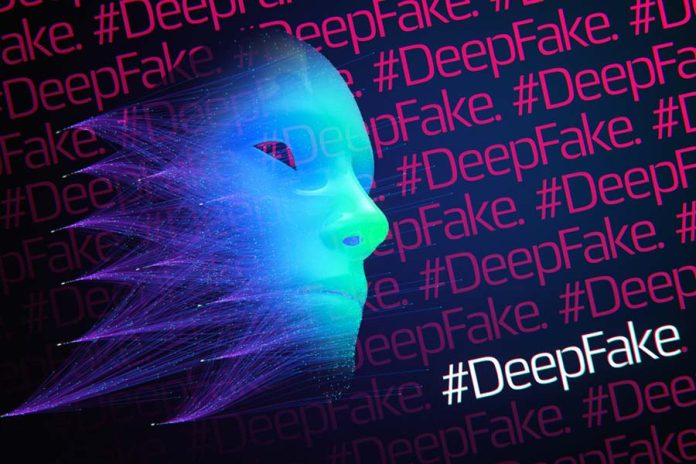NEW DELHI, Feb 19: The Misinformation Combat Alliance (MCA) and Meta have announced that a dedicated fact-checking helpline on WhatsApp – aimed at combating deepfakes and deceptive AI-generated content – will be available for the public in March 2024.
The pledge to crack down on deepfakes comes at a time when the world’s largest democracy is preparing for general elections. The Lok Sabha elections are due in April-May this year.
“The Misinformation Combat Alliance (MCA) and Meta are working on launching a dedicated fact-checking helpline on WhatsApp in an effort to combat media generated using artificial intelligence (AI) which may deceive people on matters of public importance, commonly known as deepfakes, and help people connect with verified and credible information,” according to a release.
The helpline will be available for the public to use in March 2024, it added.
MCA is a cross-industry alliance bringing companies, organisations, institutions, industry associations and entities together to collectively fight misinformation and its impact. It currently has 16 members including fact-checking organisations, media outlets, and civic tech.
The MCA-Meta collaboration will allow MCA and its associated network of independent fact-checkers and research organisations to address viral misinformation – particularly deepfakes.
People will be able to flag deepfakes by sending it to the WhatsApp chatbot which will offer multilingual support in English and three regional languages (Hindi, Tamil, Telugu).
The MCA will set up a central ‘deepfake analysis unit’ to manage all inbound messages they receive on the WhatsApp helpline.
They will work closely with member fact-checking organisations as well as industry partners and digital labs to assess and verify the content and respond to the messages accordingly, debunking false claims and misinformation.
According to the release, the program is based on a four-pillar approach – detection, prevention, reporting and driving awareness around the escalating spread of deepfakes along with building a critical instrument that allows citizens to access reliable information to fight the spread of such misinformation.
With millions of Indian users on WhatsApp, the collaboration between Meta and MCA marks a continued effort to empower users with tools to verify information on its service.
Commenting on the partnership, Shivnath Thukral, Director, Public Policy India, Meta, said, “We recognise the concerns around AI-generated misinformation and believe combatting this requires concrete and cooperative measures across the industry.”
The collaboration with MCA to launch a WhatsApp helpline dedicated to debunking deepfakes that can materially deceive people, is consistent with Meta’s pledge under the Tech Accord to Combat Deceptive Use of AI in 2024 Elections.
“As a company that has been at the cutting edge of AI development for more than a decade, we remain committed to work with industry stakeholders to introduce common technical standards for AI detection, transparency solutions and policies, along with empowering people on our platforms with resources and tools that make it simpler for them to identify content that has been generated using AI tools and curb the spread of misinformation,” he said.
Bharat Gupta, President, Misinformation Combat Alliance, said the Deepfakes Analysis Unit (DAU) will serve as a critical and timely intervention to arrest the spread of AI-enabled disinformation among social media and internet users in India.
“Its formation highlights the collaboration and whole-of-society approach to foster a healthy information ecosystem that the MCA was set up for. The initiative will see IFCN signatory fact-checkers, journalists, civic tech professionals, research labs and forensic experts come together, with Meta’s support,” Gupta said.
He hoped the DAU will become a trusted resource for the public to discern between real and AI-generated media and invited more stakeholders to be a part of the initiative.
Meta’s fact-checking program in India includes partnerships with 11 independent fact-checking organisations that help users to identify, review, verify information and help prevent the spread of misinformation on its platforms.
WhatsApp encourages users to double-check information that sounds suspicious or inaccurate by sending it to WhatsApp tiplines. People can also follow dedicated fact-checking organisations on WhatsApp Channels to receive verified, accurate and timely updates. In addition to the fact-checking program, WhatsApp addresses misinformation by limiting forwards and actively constraining virality on the platform.
It is also pertinent to mention here that the government talked tough with social media platforms on the issue of ‘deepfake’ amid concerns of weaponisation of technology for creating doctored content and harmful narratives.
The Centre has asked platforms to act decisively on deepfakes and align their terms of use and community guidelines as per the IT Rules and current laws. The Government made it clear that any compliance failure would be dealt with strictly and evoke legal consequences. (PTI)


